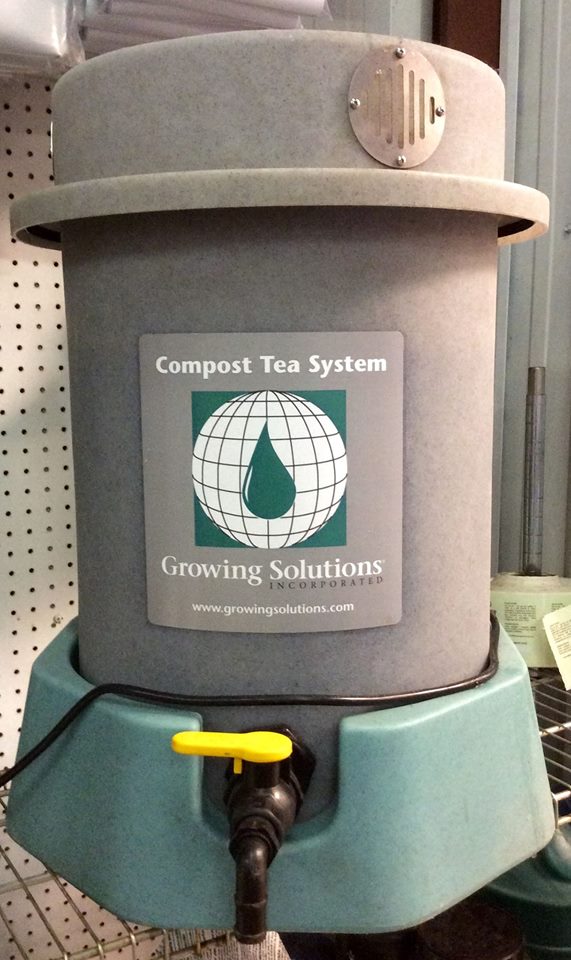I’m guessing that, like me, most of you have started putting out your seeds and seedlings for the season, and will continue to do so over the next couple of months, at least. Congratulations… you have just provided the first feast of the season for the fungi, bacteria, bugs, and beetles that will soon arrive in your garden! As they say, “plant it, and they will come,” or something like that. Now what are you going to do to protect your little plant babies? Sure, you can break out the pesticides and start blasting away when they show up, or you can be proactive and avoid using those treatments. Organic and synthetic pesticides are both non-selective, meaning they don’t discriminate between good bugs and bad bugs. So ideally, you want to use as little of these things as possible, and only when absolutely necessary.
Here are a few proactive things you can do to reduce the damage that pests can bring:
Companion Planting – This is the act of planting certain types of plants next to each other that have a mutual benefit. There is lots of information out there on companion planting, or creating plant communities that benefit each other. Companion planting reduces insect infiltration, and in some cases improves the growth and flavor of your crops. There are varying opinions of the benefits of companion planting out there, but I believe it helps, and it also makes for a nice looking garden bed. Here’s a chart to help get you started: Companion Planting Chart.
Beneficial Attractants – This is related to companion planting, because it works in the same way. You simply plant certain flowering plants that attract beneficial insects near your vegetables. Some popular ones are Borage, Calendula, Marigolds, Yarrow, Dills, and Nasturtiums. There are many more, but these are some of the common varieties that can be used.

Integrative or Biological Pest Control – These are the soldiers of the garden that show up when the food arrives. The food, of course, consists of the insects that come to feast on your garden. Here are some of the most common predatory insects that are good to have in your garden:
- Lady Beetles – Eat aphids, mites, and mealy bugs. Attracted by Dill, Fennel, and Yarrow.
- Green Lacewings – Their larvae eat just about anything they can get their small pincers on. Attracted by Sweet Alyssum, Cosmos, Coreopsis.
- Braconid Wasps – Lay their eggs inside the larvae of caterpillars and worms, thereby destroying them from the inside out. Attracted by Dill, Yarrow, Wild Carrot, Parsley.
- Praying Mantis – Another insect that will eat anything it can get its claws on, including your beneficials.
- Fly Predators – Tachinid. The larvae of these flies also burrow into caterpillar larvae, killing them from the inside. Attracted by Dill, Parsley, Sweet Clover.
Row Covers – These are covers made of soft, light, and water-permeable materials like polyester or polypropylene that form a barrier between the plants and the insects. A couple of popular brand names are Agribon and Remay. Row covers work great, but you can’t enjoy the beauty of your plants when they’re hidden under fabric covers. Sometimes they are necessary though. I have a friend who now puts mesh bags over his broccoli to keep the bugs off. It works!

Microbial Inoculants – By increasing the microbial activity in your soil, you in turn increase the health of your soil. This in turn grows healthier plants, which are more resistant to disease and insect damage. This is done best with an addition of good quality compost and compost teas.
I didn’t address the four legged kind of pests (deer, rabbits, groundhogs, etc.) in this article because that is a whole different animal, so to speak. I’ll keep it short by saying that a good fence and/or an outside dog is the best cure for these usually unwanted garden visitors. There are also organic sprays and other homemade remedies available to deter them.
One last thing. Don’t kill your spiders! The most useful “insects” in your garden beds are spiders. They are excellent hunters, especially Wolf Spiders. Contrary to popular beliefs, most spiders are not harmful to humans and generally will try to avoid you (give them time to get away). Get over your fear, and let them do their job, and yes, they will eat good bugs too, but the positive benefits of having them far outweigh the negative.

click here says
Your blog is very helpful for me and i really impressed to see your blog. Thumbs up!!
Lara says
Keeping my garden safe from disease and pests is very important. I often provide microbial inoculants to the soil.